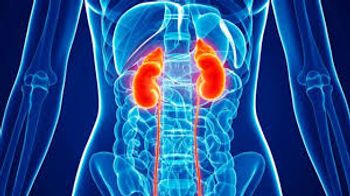
The research team analyzed links between pesticide exposure and the risk of kidney dysfunction in 41,847 people using data from the USA National Health and Nutrition Examination Survey.
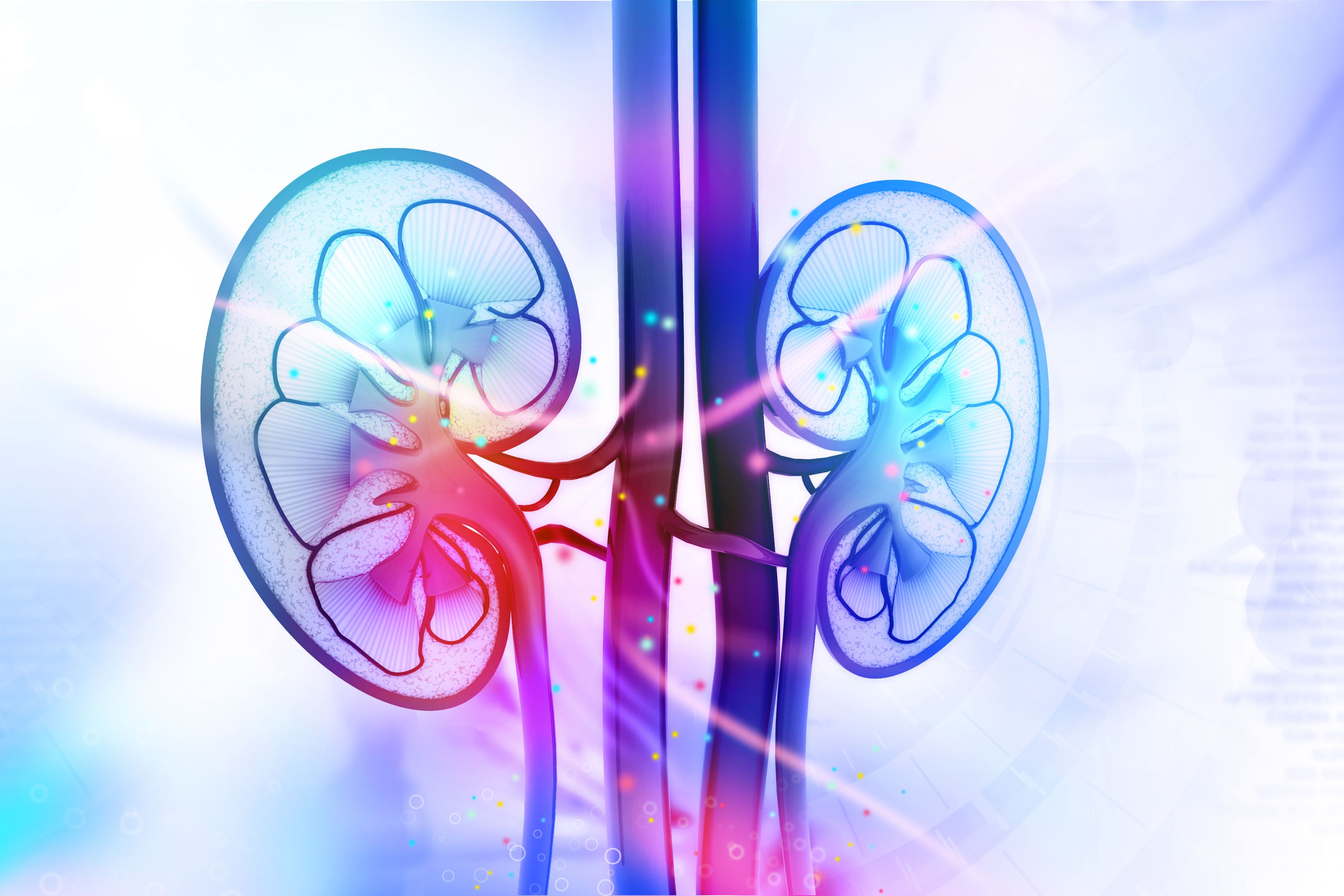

The research team analyzed links between pesticide exposure and the risk of kidney dysfunction in 41,847 people using data from the USA National Health and Nutrition Examination Survey.

The most common conditions that cause bladder stones are prostate gland enlargement and damaged nerves.
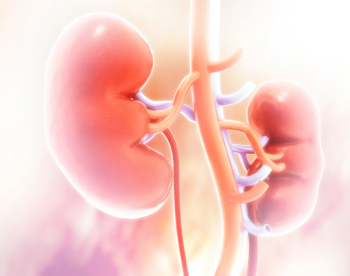
Ten quiz questions to assess your knowledge on common symptoms and treatments for chronic kidney disease.

Regular dialysis or kidney transplants are common treatment options that were disrupted after the beginning of COVID-19.
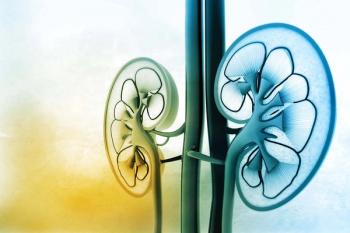
The agency has given the greenlight to maralixibat after the ICONIC study combined with 5 years of supportive studies that demonstrated the reduction of pruritis.
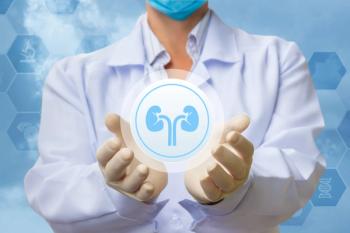
Nearly 20% of patients with multiple myeloma have a form of the disease in which they make high quantities of a component of monoclonal proteins, which damages the kidneys.

Diabetic kidney disease develops in nearly 40% of patients with diabetes and serves as the leading cause of chronic kidney disease worldwide, according to the study.

Research shows that individuals who had either a severe or mild case of the virus had an increased risk of kidney damage and disease.

Kidney disease is among the most common causes of both hyperkalemia and hypokalemia.

Chronic kidney disease (CKD)-associated pruritus is a systemic itch condition occurring with a high frequency and intensity in patients with CKD undergoing dialysis.
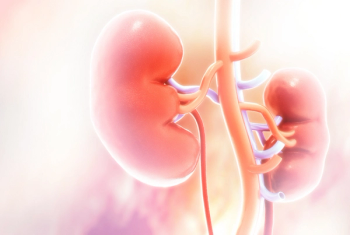
The lower the glomerular filtration rate, the lower the stage, the worse kidney disease is.
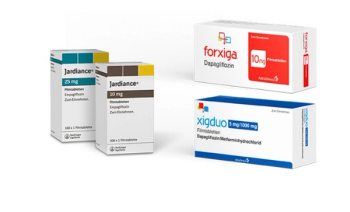
Below a certain GFR, clinically significant reductions in plasma glucose cannot be achieved with sodium-glucose transport protein 2 inhibitors.
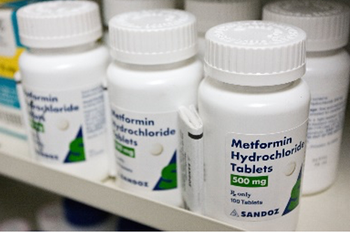
How should pharmacists manage a patient with diabetes on metformin with GFR below 30?
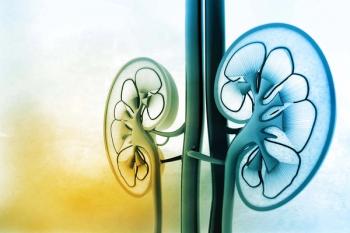
The drug is an investigational oral hypoxia-inducible factor prolyl hydroxylase inhibitor (HIF-PHI) for patients with anemia due to chronic kidney disease (CKD).

The FDA has approved finerenone for the treatment of adult patients with chronic kidney disease associated with type 2 diabetes.

The approval marks the first nonsteroidal mineralocorticoid receptor antagonist proven to significantly slow chronic kidney disease progression and reduce cardiovascular risk in individuals with chronic kidney disease associated with type 2 diabetes.
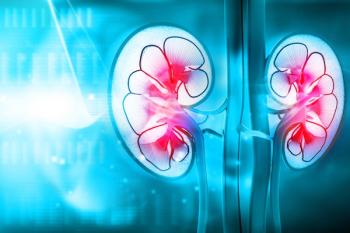
Patients receiving dialysis are required to receive their treatments in clinics multiple times a week, meaning they were unable to effectively self-isolate.

The approval of dapagliflozin is the most significant advancement in the treatment of chronic kidney disease in more than 20 years, according to a press release.

In an interview with Pharmacy Times, Bruce Mueller, PharmD, interim dean and professor of clinical pharmacy at the University of Michigan College of Pharmacy, said pharmacists are essential in providing the correct dosing to patients with kidney disease.

RG is a male patient aged 45 years who has arrived at the pharmacy to pick up his regular maintenance medications after recently losing 45 pounds in 3 months.

A new study found that it’s safe for patients with HIV to receive HIV-positive kidneys.

Why is this man gaining weight, instead of losing it, while taking a natural supplement?

Of 400 dialysis patients with the Vall d’Hebron University Hospital as reference in Barcelona, Spain, 21 contracted the coronavirus disease 2019 (COVID-19) and the mortality rate in this center was 24%, according to the opening presentation at the ERA-EDTA Congress conference.
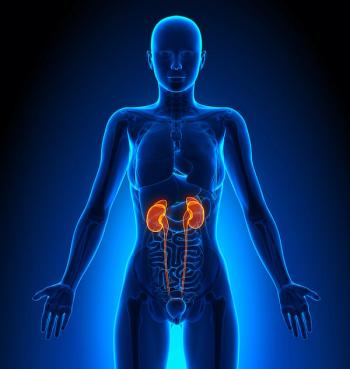
Previous clinical trials have shown that SGLT2 inhibitors protect kidney, or renal, function among patients with T2D, but their effect on serious renal events in patients in real-world clinical practice remains unclear.

Study shows sleep apnea is significantly associated with increased risk of death among patients with advanced chronic kidney disease (CKD) and end-stage renal disease.